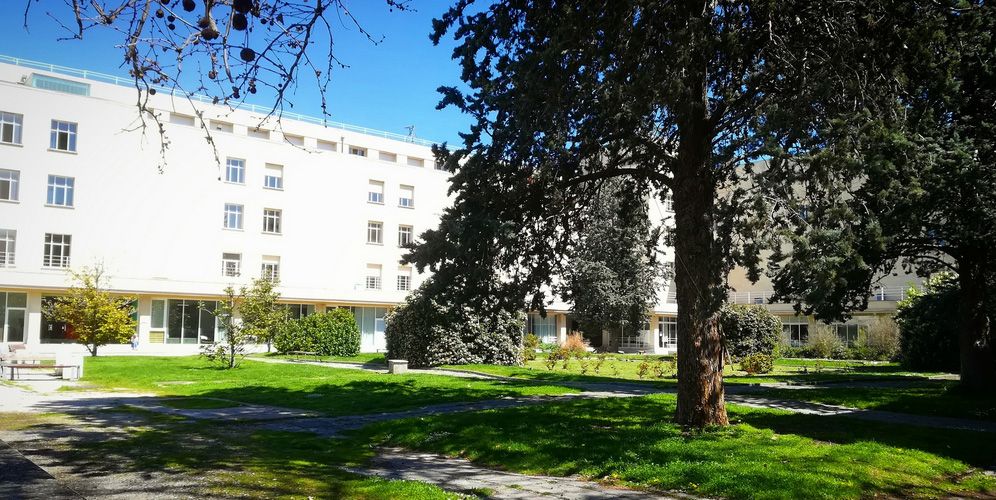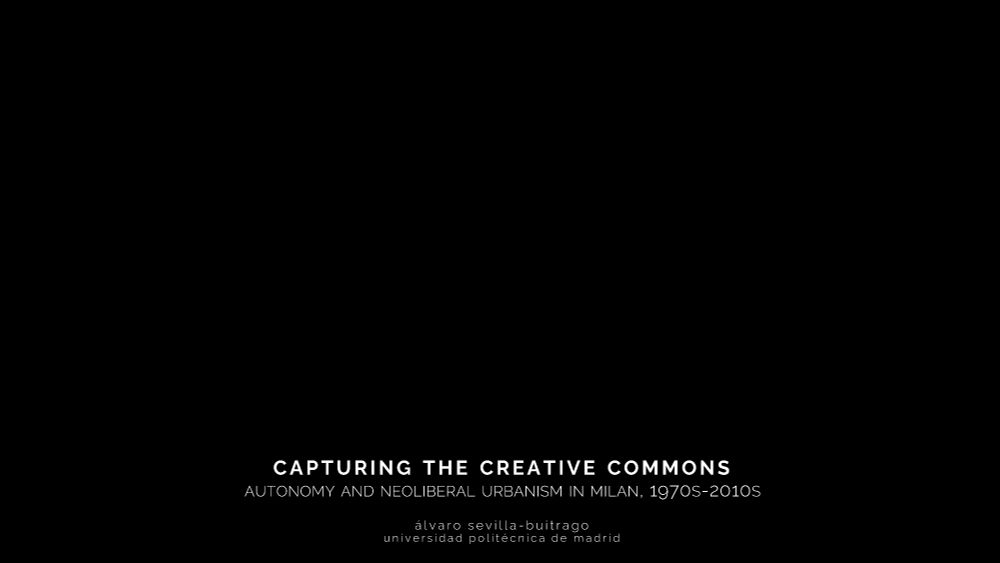
author: Against the Commons: A Radical History of Urban Planning (U Minnesota Press) / Contra lo común: Una historia radical del urbanismo (Alianza) multipliciudades.org

Miércoles 8 oct, 12:30h, abierto al público a través del enlace del póster.

Miércoles 8 oct, 12:30h, abierto al público a través del enlace del póster.
(The Proletariat and Civil Law)

(The Proletariat and Civil Law)
The final version of this piece is out in the latest Planning Perspectives (free access). It calls for alternative critical epistemologies in planning history. Really looking forward to the conversations this might spark!
Check it out here: t.ly/m8Erb

The final version of this piece is out in the latest Planning Perspectives (free access). It calls for alternative critical epistemologies in planning history. Really looking forward to the conversations this might spark!
Check it out here: t.ly/m8Erb

"What is Radical Planning History?" - a manifesto calling for alternative epistemologies in planning history that foreground history from below, critical-theoretical experimentation and grand narratives.
Open access in Planning Perspectives: www.tandfonline.com/doi/full/10....

"What is Radical Planning History?" - a manifesto calling for alternative epistemologies in planning history that foreground history from below, critical-theoretical experimentation and grand narratives.
Open access in Planning Perspectives: www.tandfonline.com/doi/full/10....
It discusses the notion of commonist urbanization, a spatial force aimed at the reproduction of the common rather than capital. Rejecting defensive tactics, commonism is framed as a totalizing principle spanning multiple scales. (Link below)

It discusses the notion of commonist urbanization, a spatial force aimed at the reproduction of the common rather than capital. Rejecting defensive tactics, commonism is framed as a totalizing principle spanning multiple scales. (Link below)
Our chapter uses Lefebvre's notion of centrality to examine Madrid's informal settlements and their impact on urban policy under a Fascist regime.


Our chapter uses Lefebvre's notion of centrality to examine Madrid's informal settlements and their impact on urban policy under a Fascist regime.







Thanks to all who have supported me, especially those who taught me how hard, but also liberating, cities can be. I'm eager to keep learning... and hopefully to help others learn to fight for better urban futures.

Thanks to all who have supported me, especially those who taught me how hard, but also liberating, cities can be. I'm eager to keep learning... and hopefully to help others learn to fight for better urban futures.





